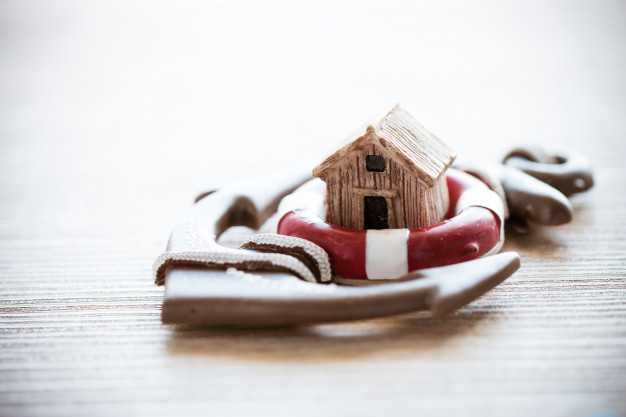Seven years ago, Super Typhoon Yolanda–one of the strongest storms recorded in history–struck the Philippines, causing almost a hundred billion pesos’ worth of damage. In the middle of the global COVID-19 pandemic, the one-two punch of Typhoon Rolly and Typhoon Ulysses served as a reminder of how prone the country is to natural calamities.
Located in the Pacific Ring of Fire, the Philippines experiences a significant number of volcanic eruptions, earthquakes, and typhoons every year. When one factors in the resulting secondary effects (such as flooding), it becomes abundantly clear that living or even just visiting the Philippines requires preparation in the event of a natural disaster.
Here are 5 important ways to ensure your and your family’s safety in the face of such calamities, even before they happen.
- Have a go-bag ready. Simply put, it’s a durable, waterproof bag that, depending on its size, has enough resources for you to survive for a few days. Some essential inclusions are nonperishable or ready-to-eat food, bottled water, medicine, and a first-aid kit.
- Waterproof your most important documents and identification cards. Keep important documents (e.g. passports, valid identification cards, birth certificates, land titles, etc.) inside a waterproof container. You don’t want to go through the hassle of having these documents made again after you survive the storm. Another tip: Take photos of these important documents with your smartphone as an additional guarantee.
- Take the necessary precautions inside your household. For starters, board up the windows and other places where water could come rushing in when a storm hits. It’s also helpful to keep your roof and gutters clean, and keep your appliances and furniture bolted down. Lastly, don’t leave your gas valves open!
- Check if your portable electronic communication devices (e.g. radio, cellphone) are fully charged. During times of disaster, being able to contact your loved ones or call for help is truly invaluable, and can give you a tremendous advantage. It’s also worth investing in extra batteries or a power bank in case of an emergency.
- Make sure to familiarize yourself with your living quarters. Don’t wait until the next natural disaster hits before you start scrambling to figure out where the exits are, or which areas you should avoid. Make sure to map out the place where you live, even just in your head, so that if you ever need to evacuate, you can do so with ease.
Knowing these survival tips is helpful, but they’re rarely enough, especially in a disaster-prone country like the Philippines. Take the next step in preparing for natural calamities. Read about how you can guarantee security for yourself and your loved ones.
References:
- https://www.philippinesvisa.com/natural-disaster-information/
- https://edition.cnn.com/2019/07/12/us/how-to-prepare-for-natural-disasters-trnd/index.html
- https://thediplomat.com/2017/11/preparing-for-disaster-in-the-philippines/
- https://www.gmanetwork.com/news/scitech/science/335292/why-was-typhoon-yolanda-so-strong-scientists-chime-in/story/
- https://www.rappler.com/newsbreak/iq/in-numbers-3-years-after-super-typhoon-yolanda-haiyan

